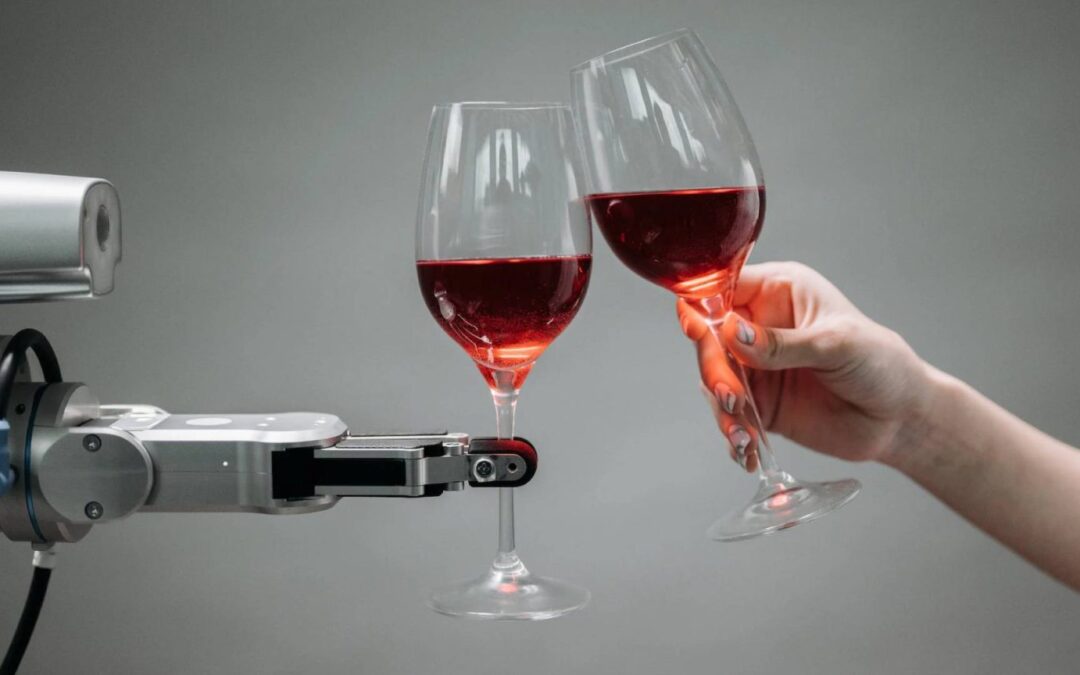Artificial Intelligence, or AI for short, is a term that’s been buzzing around in recent years, and for good reason. AI is quickly becoming a part of our daily lives, from the smartphones in our pockets to the cars we drive. It’s changing the way we live in more ways than we can imagine. In this article, we’ll explore how AI is changing the world around us and how it’s being integrated into our everyday lives.
One of the most common ways we interact with AI is through our smartphones. Virtual assistants like Siri, Alexa, and Google Assistant use AI to understand our voice commands and help us with everyday tasks like making calls, sending texts, and setting reminders. They can even help us control smart devices in our homes, like thermostats, lights, and locks.
AI is also being used to improve our shopping experiences. Online retailers like Amazon and Netflix use AI algorithms to make recommendations for products and content based on our previous purchase history or viewing habits. This makes it easier for us to find what we’re looking for, and often introduces us to new products we may not have discovered on our own.
In healthcare, AI is being used to improve diagnoses and patient outcomes. Machine learning algorithms can analyze vast amounts of patient data to detect patterns and provide insights that can help doctors make more accurate diagnoses and create personalized treatment plans. AI-powered devices are also being used to monitor patients remotely, which can reduce the number of hospital visits required and provide patients with more personalized care.
AI is also being integrated into our transportation systems. Self-driving cars use AI to perceive and respond to their surroundings, which could potentially make our roads safer and reduce traffic congestion. Public transportation systems are also using AI to optimize their routes and schedules to better meet the needs of commuters.
The impact of AI on our working lives is also becoming more evident. Many industries, including finance and manufacturing, are using AI to automate routine tasks and improve efficiency. This allows workers to focus on more complex tasks that require human intuition and creativity, ultimately increasing productivity.
In conclusion, AI is rapidly becoming a part of our everyday lives, and its impact is growing by the day. It’s changing the way we interact with technology, improving our healthcare and transportation systems, and making our work lives more efficient. As AI continues to evolve and become more integrated into our lives, we can expect even more changes to come.


